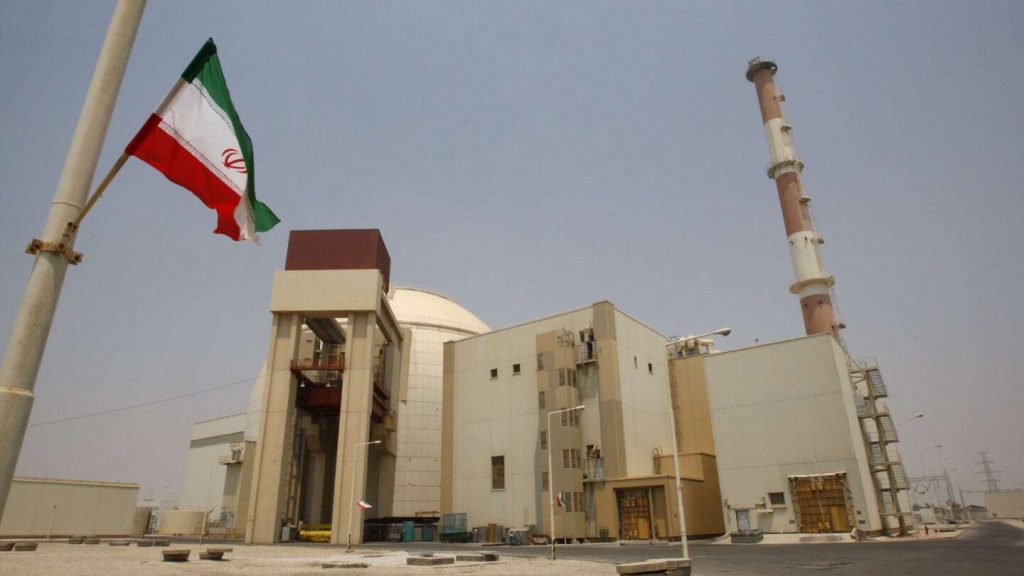DUBAI, United Arab Emirates (AP) — European officials warned Iran on Wednesday it had yet to take the actions needed to stop the return of United Nations sanctions over its nuclear program.
The comments from the German Foreign Ministry and the European Union came after a call Iran had Wednesday with representatives of France, Germany and the United Kingdom, as well as the EU’s top diplomat, Kaja Kallas.
“The window for finding a diplomatic solution on Iran’s nuclear issue is closing really fast,” Kallas warned in a statement. “Iran must show credible steps towards addressing the demands of France, (the) U.K. and Germany, and this means demonstrating full cooperation with the International Atomic Energy Agency and allowing inspections of all nuclear sites without delay.”
The German Foreign Ministry separately wrote on the social platform X that “Iran has yet to take the reasonable and precise actions necessary to” stop the reimposition of U.N. sanctions.
Iran had no immediate comment on the call, though it had acknowledged earlier that the call would take place. Iran and the International Atomic Energy Agency earlier reached a deal mediated by Egypt to grant the U.N. watchdog access to all Iranian nuclear sites and for Tehran to report on the whereabouts of all its nuclear material. It remained unclear when Iran will make that report.
A 12-day war launched by Israel against Iran in June saw both the Israelis and the Americans bomb Iranian nuclear sites, throwing into question the status of Tehran’s stockpile of uranium enriched nearly to weapons-grade levels.
The process to reimplement sanctions on Iran, termed a “snapback” by the diplomats who negotiated it into Iran’s 2015 nuclear deal with world powers, was designed to be veto-proof at the U.N. It will take effect at the end of September unless the U.N. Security Council agrees to stop it.
It will again freeze Iranian assets abroad, halt arms deals with Tehran and penalize any development of Iran’s ballistic missile program, among other measures, further squeezing the country’s reeling economy.
Using the “snapback” mechanism will likely heighten tensions between Iran and the West in a region still burning over the Israel-Hamas war in the Gaza Strip, particularly after Israel began its ground offensive targeting Gaza City.
___
Associated Press writers Stephanie Liechtenstein in Vienna and Lorne Cook in Brussels contributed to this report.


